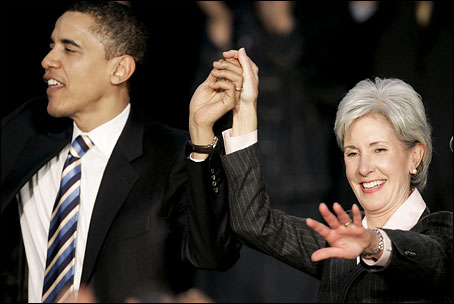Drew Tatusko drops a very thoughtful comment Re: Mark Driscoll.
Postmodern and post-structuralism aside (since this will sound to some
like that but is not), gender is different than sex due to its
psycho-social construction. Since it is this, anyone can assert a
different gender construction from within a existing frame that is at
odds with another frame (see David Martin’s definition of this picked
up by Charles Taylor). Thus, Driscoll asserts his own construction of
gender in a way that is offensive to many. I frankly have no
over-arching issue with that. People are free to be misogynistic and
loaded with machismo as they wish. I can stay away from those
constructions and find comfort in other social frames more like “me.”
Where Driscoll crosses boundaries is that he uses a very
unsophisticated biblical legitimation for that socially constructed
identity. What is important here is that the social construction of
gender identity in the ancient near east that absolutely placed women
in a lower social strata in terms of social and political influence
among other things. Men had to go to war and work the fields, etc such
is the nature of agrarian life. But Driscoll wants this image of the
man tow work in a social frame that increasingly eschews it save for
increasingly sectarian cleavages from the norm.The issue is that he makes this kind of social construction of
gender a core value in his understanding and communication of the
Gospel. When we make any such social constructions non-negotiable
foundations to the Gospel it creates divergences from the actual
function of the Gospel and the role that Christians ought to play in
its communication. The Gospel is not about gender construction, it is
about soul re-construction through works enacted by faith – something
made effectual to ultimate salvation by God’s grace. Thus, Driscoll
erects a barrier to this central role for Christians with his
stammering through often strange notions of Jesus’ gender and bizarrely
misplaced renderings of the apocalyptic in terms of gender construction
in the frame of the secularized West.

